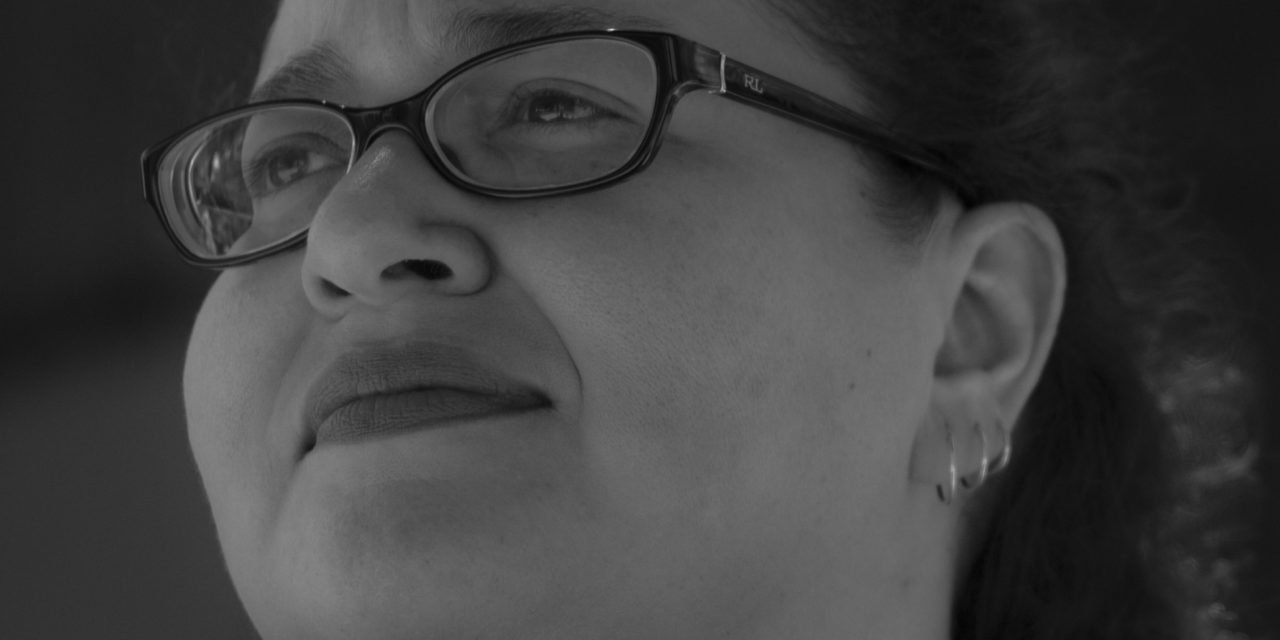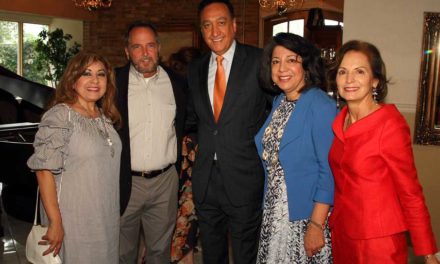Finding our voice during times of uncertainty and increasing polarity can be a struggle, especially when an algorithm decides if our message can even be shared and who will see what. Jo Reyes-Boitel has been fa-cilitating writing workshops to nourish stifled expression when language fails to have words for what we are actu-ally feeling.
Reyes-Boitel is a poet, playwright, essayist, arts activist, rabid music listener, researcher, percussionist, and Texas transplant by way of Minnesota, Florida, Mex-ico, and Cuba. Just about every Wednesday night this fall, she has held space for a writing workshop focused on silence.
The workshop description reads: Voice is an uncontest-ed necessity for the liberation of individuals and communi-ties. But how do we reflect and write about difficulties when we may be holding crippling silence? And when we are silenced, what power can be found in choosing to be silent? There is a need for reflection, perseverance and persistence during times of #metoo, Black Lives Mat-ter, and immigration. Par-ticipants will generate work and review literature while reconsidering unique ways to find voice.
Participants gather around a table at Gemini Ink, a non profit committed to writing, to read and discuss poetry selections curated by Reyes-Boitel.
The first work-shop on October 10 discussed gen-eral silences with-in families, his-tory and culture. Selected readings included works from authors Danez Smith, Quan Barry, Jeri-cho Brown and Raquel Vasquez Gilliland.
Reyes-Boitel said the most crippling silence comes from within our-selves, “We are conditioned to self censorship and that is the hardest to work past.”
The following workshops focused on literature con-cerned with the #metoo movements and more re-cently Black Lives Matter.
“We all, no matter our backgrounds or how we came to this land, have lost moments within our histories that translate to lost family, stories, and explanations. Our job is to gain as much as we can and fill the rest of our personal story with understanding. The work of this means that we continue understanding ourselves and the world around us. It is a kind of love for those you come from and for those who can’t yet see,” said Reyes-Boitel.
Last weeks workshop fo-cused on immigration and the silencing of indigenous voices. Literature selections drew connections from the trail of tears, missing indig-enous women in Canada, murdered and disappeared women of Juarez, poems about border crossing and carrying guilt of our mothers.
An excerpt from the poem called ‘Imperatives for car-rying on in the Aftermath’ by Natasha Trethewey reads, “Imagine a thought cloud above your head, dark and heavy with the words you cannot say; let silence rain down.”
Participants took breaks between readings to write their own words in the style of the poems discussed. One of these exercises included exploring spaces and breaths between statements, which encompasses the title of the workshop. A caesura is a literary break, especially a sense pause, usually near the middle of a verse, and marked in scansion by a double vertical line, as in know then thyself ‖ presume not God to scan.
Participants can expect to learn new writing techniques and apply them in real time in a warm group setting. The group sizes range from 6-12 people with diverse experi-ences which creates deep discourse.
Reyes-Boitel is working on a novel called ‘Michael + Josephine’, a love story to be published by Valley based publisher Flower Song Press. She will be traveling this novel around Texas in the spring and doing readings at local coffee shop Barrio Barista.
The final Caesera work-shop will be held at Gemini Ink this Wednesday Decem-ber 5. Join Jo Reyes-Boitel to explore silence with what is left over after censorship. Participants will read “From Reaching Guantanamo,” by Solmaz Sharif.
Finding Our Voice










